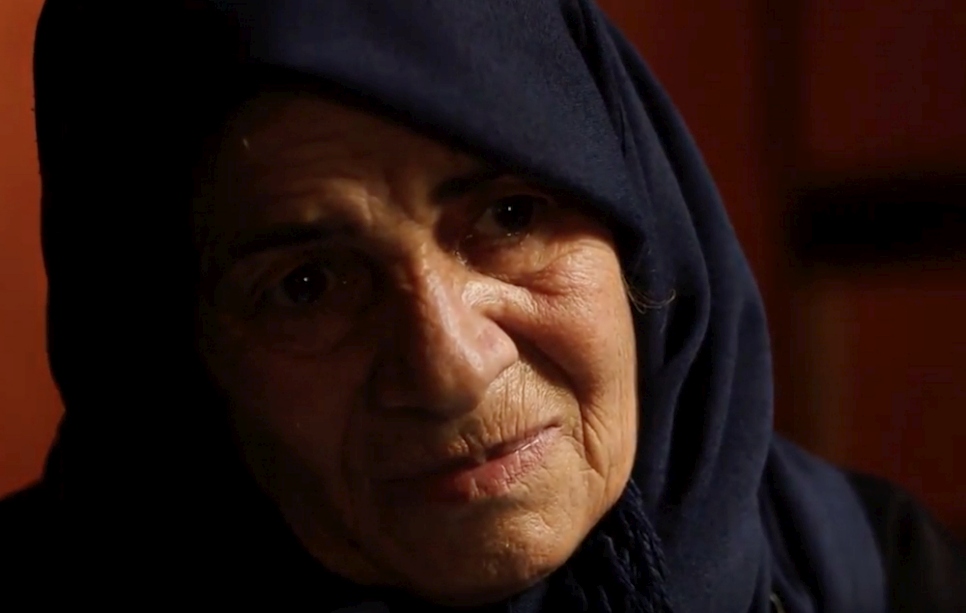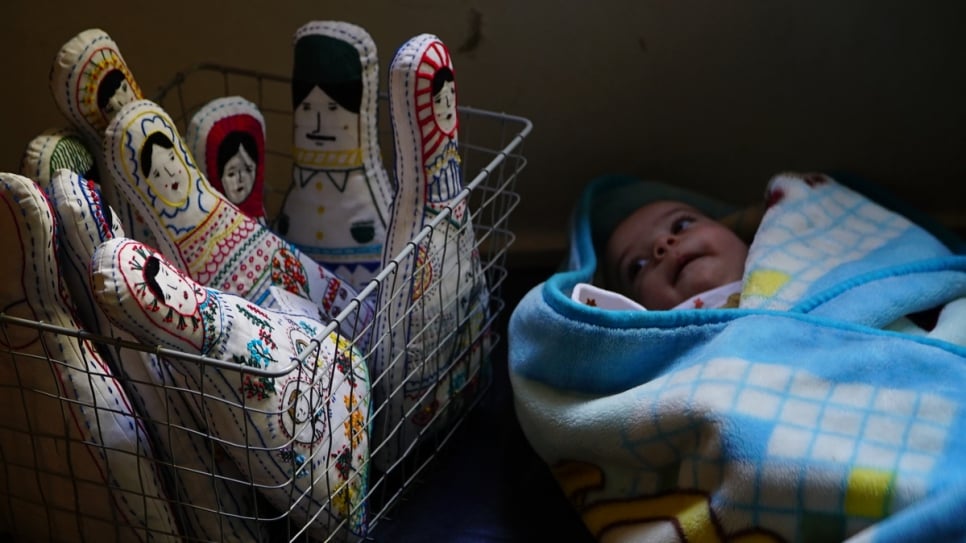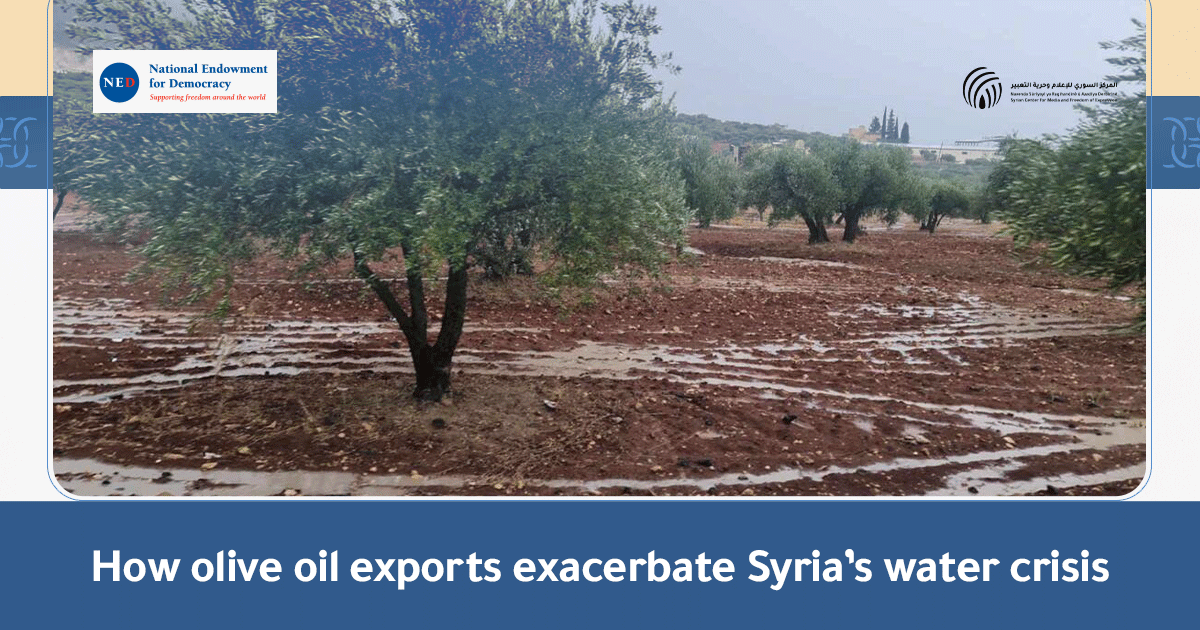Beirut family works with refugees to share stories of ordinary Syrians caught up in conflict through dolls that carry their names.
Amina, a 56-year old Syrian refugee, with the dolls she makes in Shatila camp, Lebanon.
Inside one of the countless low-rise buildings in the Shatila refugee camp, Amina, a 56-year old Syrian refugee, meticulously embroiders fish scales onto cotton fabric.
A thin concrete wall separates her from the hustle and bustle of Lebanon’s decades-old Palestine refugee camp in the southern suburbs of Beirut, which has received a new wave of refugees from Syria since the beginning of the country’s conflict in 2011.
“I am embroidering a fish. It captures the story of a family’s dream to travel,” said Amina. “They have a little girl who is afraid of travelling. Why? Because she is scared she would drown in the sea and be eaten by the fish.’’
In April last year, the Mousalli family – a Lebanese father, Syrian mother, and their daughters Marianne and Melina – decided to bring the stories and dreams of Syrian mothers in war-torn Aleppo closer to the world.
“Each doll holds the name of the person whose story it carries.”
Through a relative who remains in Syria, they collect the stories of ordinary Syrians, then turn them into sketches and have them embroidered onto cotton dolls by Syrian refugee women.
“Each doll holds the name of the person whose story it carries,” explained Marianne, as she held up one of the dolls. “This is Adreyeh. She comes from Aleppo. Her son Hassan dreams about rebuilding his house in his village. So we embroidered his dream house here.’’
Entitled ‘The Ana Collection’ – the word ‘Ana’ means ‘me’ in Arabic – the project seeks to address the hidden pain of Syrians who remain inside a country ravaged by war, through art and self-expression.
“Today most of what we see on TV is focused on the idea of a war in Syria,” explained Marianne. “We often forget that there are people who still live there, and that they have stories to tell. It’s not that people don’t care, but they see a big war, they don’t see individuals.”
The project has brought out two collections: ‘From Inside Aleppo’ and ‘The Holiday Collection,’ in which children from Aleppo expressed their wishes for Christmas. It is currently working on a third, ‘Stories from the Bekaa’, relating stories and dreams from refugees living in the Bekaa Valley in east Lebanon.
“Many people buy these dolls for their children,” said Marianne. “When a child carries a doll named Hamida, his parents tell him ‘Hamida is your age, she wants to return to her house and play with her friends.’ This makes it much easier to relate to.’’
Lebanon is currently host to more than a million registered Syrian refugees, accounting for roughly a fifth of the total population. As a result, the small country has the highest proportion of refugees anywhere in the world.
In addition to shining a light on some of the forgotten victims of the six-year war, the project has helped create a “full circle of empowerment,” says Marianne.
“People know that if they buy the doll Salma, they would be helping the real Salma back in Syria, and that the money they are paying is actually going to her. This touches them.”
“The project allows refugees to help other refugees and internally displaced people in Syria.”
The price for a doll ranges from US$25 to US$65, depending on its size. Proceeds are channeled back to the mothers and children behind the stories and in part cover the production costs and the compensation for the 80 women embroiderers in Lebanon.
“The project allows refugees to help other refugees and internally displaced people in Syria. They are keen on that,” Marianne added.
Syrian refugees in Lebanon, like Amina, have also found the project a good way to hone their skills and improve their sense of direction. “This is a good craft,” said Amina. “I taught it to my sister-in-law and niece, they embroider at home now.”
Since the project’s inception, over 1,500 dolls with 48 stories have been sold in countries including Lebanon, Kuwait, France and Australia. The tag on each doll carries a message that Marianne says they work towards every day, in the name of all Syrian mothers: “I protect the dreams of my children.”
Source: UNHCR







